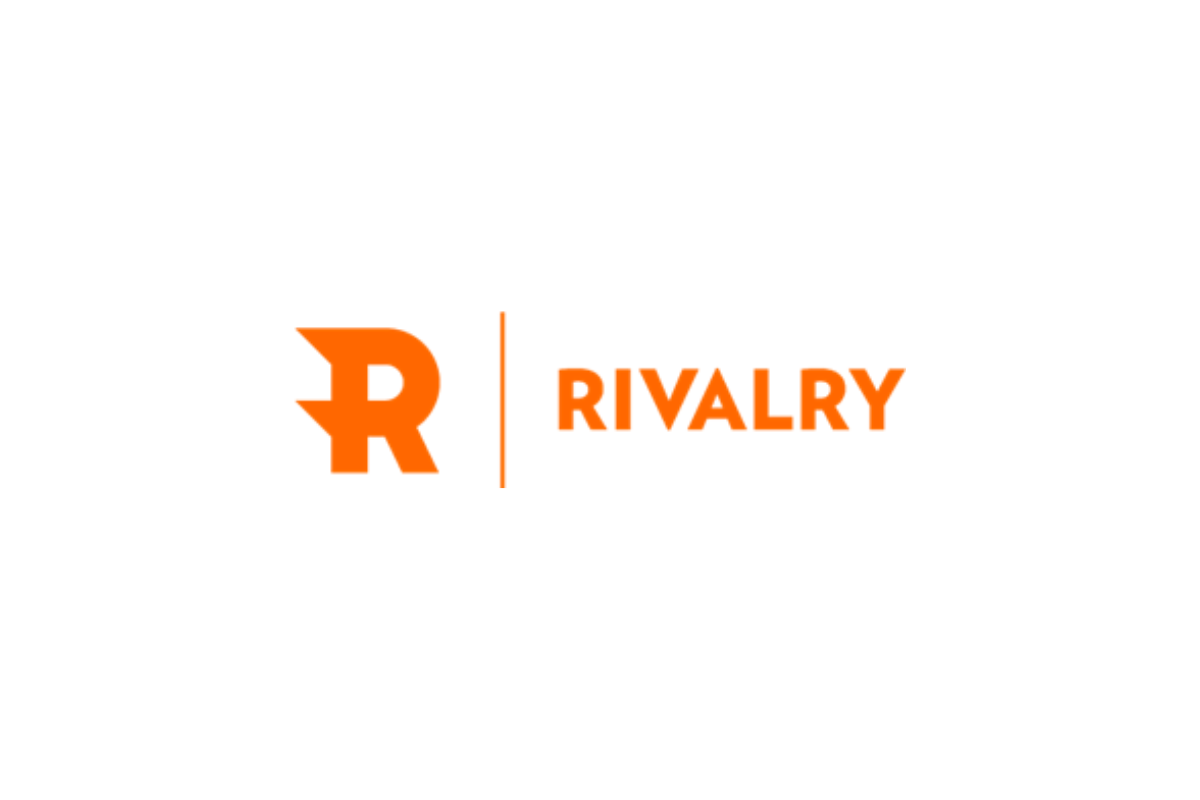
New Jersey State Athletic Control Board Adopts Sports Betting Policy
The New Jersey State Athletic Control Board (SACB) announced that it has recently adopted an updated sports betting policy for all licensees, officials, and employees.
Effective immediately, the policy prohibits unethical betting practices and reinforces the commitment to maintaining fairness and public trust in combative sports, including boxing, wrestling, extreme wrestling, kick boxing, and combative sports exhibitions, events, performances, and contests.
“With this action, we are safeguarding the integrity of combative sports events. By implementing these standards, we are sending a clear message that unethical behavior will not be tolerated in New Jersey’s combative sports industry,” said SACB Commissioner Larry Hazzard Sr.
The policy applies to board officials, such as inspectors, timekeepers, judges, referees, and physicians; board members, including the chairman; and board employees, such as the commissioner and deputy commissioner. Promoters, participants, and their agents are also encouraged to adopt integrity policies in line with these standards.
Key policy provisions include those related to betting restrictions, prohibited conduct, training, and enforcement, among others:
• Officials, members, and employees are prohibited from betting on any combative sports event, both within New Jersey and globally. Legal betting on non-combative sports is allowed, provided it complies with local laws. Board employees must register with the Division of Gaming Enforcement (DGE) before placing such bets in New Jersey.
• All forms of illegal betting, including through unauthorized platforms, are strictly prohibited.
• Prohibited conduct includes match fixing and acting on or spreading insider information.
• Board personnel are prohibited from working for sportsbooks or their affiliates.
• Promoters and participants, along with their agents and managers, must refrain from betting on combative sports events held in New Jersey or engaging in any actions that compromise the integrity of performances.
• All stakeholders, including board officials, members, employees, promotors, participants, agents, managers and seconds, are obligated to report any violations of this policy to the SACB Commissioner immediately.
• Board personnel are required to undergo training and acknowledge this policy.
• Violations may result in disciplinary actions, including fines, license suspensions, or revocation.










